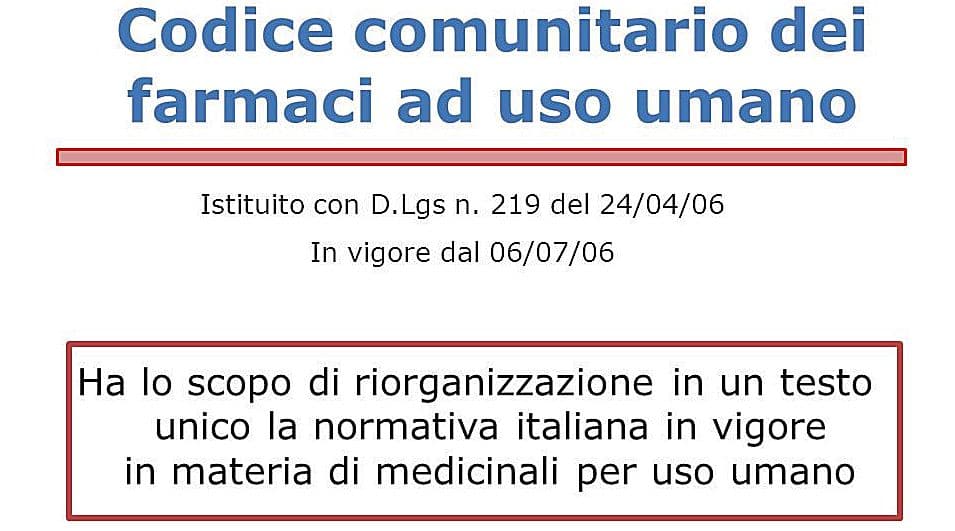50 years of legislation on medicines.
An interesting one infographic created by the European Commission visually retraces the stages of this half century of advances in the therapeutic and at the same time regulatory fields: from the declaration of Helsinki in 1964 which established the ethical principles of clinical research, to the disaster of the Thalidomide case of the following year which highlighted the need to authorize medicines behind solid scientific evidence and sanctioned the birth of the modern pharmacovigilance. Again, from the first steps towards the establishment of centralized procedures at Community level in 1974, to the launch of a concerted EU procedure for innovative medicines, vaccines and blood products in the late 1980s which led, in fact, to the birth of a supra-national agency, EMA, responsible for scientific assessments for all of Europe. In the meantime, discoveries in the pharmaceutical field have been equally significant: the cure has been found for various otherwise fatal or very serious diseases, such as tuberculosis, Parkinson's, bacterial infections and flu, and the foundations of personalized medicine have been laid, especially in the oncological field. .
A brief review of the recent most important pharmaceutical regulations starts from the theme of the safety of medicines, with the introduction of the pharmacovigilance as a continuous surveillance system of adverse reactions to drugs placed on the market, to the recently established additional monitoring (in 2013) for new molecules for which the reporting of any side effects especially by the patients themselves. The fight against counterfeiting and the promotion of the purchase of medicines only through legal channels is another aspect that legislation in recent years has regulated throughout Europe, together with specific regulatory systems on clinical trials, advanced therapies, orphan medicines and for the population pediatric. All these directives and regulations have in common the desire to create a system between the 28 member states and the other countries adhering to the European healthcare network and to encourage growth and innovation while respecting citizens' health. The heart of the legislation is obviously the Directive 2001/83/EC implemented in Italy with the Legislative Decree 24/04/2006 n.219, the text of the law that governs most of AIFA's powers and activities.
The Italian Medicines Agency has also given its contribution to many of the recent new European directives described above, actively participating in sharing the issues with the other Member States and defining the most suitable implementation methods at national level.
For further information, consult the list of European regulatory sources for medicines for human use
